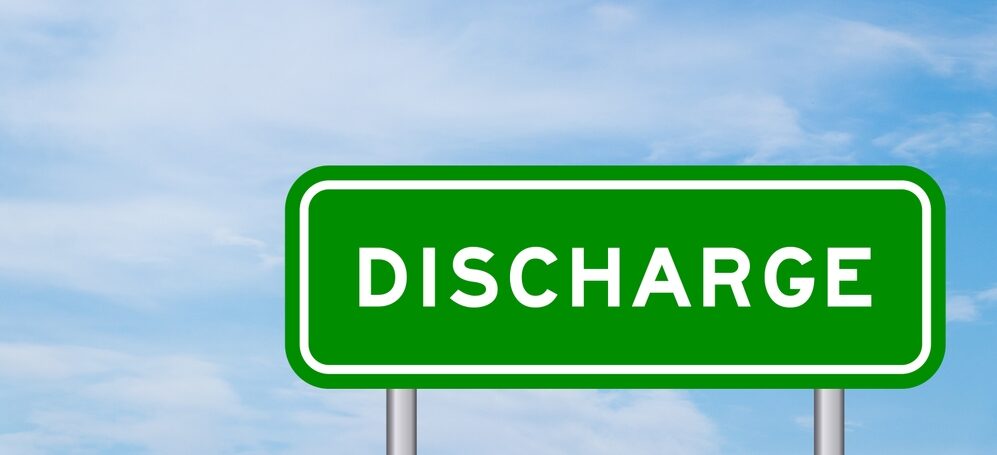Addiction, also known as substance use disorder (SUD), is characterized by compulsively engaging in rewarding stimuli despite negative consequence. It is a chronic, relapsing brain disorder, and is listed as such in the Diagnostic and Statistical Manual of Mental Disorders, Fifth Edition (DSM-5). Addiction can wreak havoc in all areas of one’s life. The development of substance use disorder does not occur immediately, nor will recovering from addiction be achieved instantaneously. There are many components to one’s recovery when it comes to treatment for substance abuse or addiction. Each step builds on the previous, and each is integral in the success of one’s sobriety. Discharge planning is a structured treatment plan for people preparing for life after successfully completing a substance abuse or addiction treatment program.
Aftercare
The Merriam-Webster Dictionary defines aftercare as “the care, treatment, help, or supervision given to persons discharged from an institution.” Aftercare is a term used to describe any further, ongoing, or follow-up treatment for individuals who suffer from substance abuse and/ or addiction, post the completion of a rehab treatment program. Any individual that successfully completes a substance abuse and/ or addiction treatment program will leave with an aftercare plan. An aftercare plan is a co creation between the individual and his or her clinical treatment team that is developed during treatment. Depending on one’s needs, aftercare plans can be comprised of a range of suggestions, including a mix of extremely detailed recommendations to more broad ideas, such as:
- Provide suggestions related to reducing exposure to certain known triggers as well as minimize the effects associated with facing certain unavoidable triggers.
- Include mock schedules for individuals to follow to help with consistency and structure.
- Include lists of healthy pastimes such as attending specific exercise classes, engaging in creative outlets (e.g., painting classes, ceramic lessons, etc.), and additional sober social activities.
- Include a blueprint for individuals to refer to when they have relapsed.
- Provide a list of addiction support group meeting options, and even offer suggestions regarding the number of recommended meetings an individual should attend weekly.
- Suggest transitioning into a sober living facility.
Aftercare plans are fluid documents that can grow and adjust with an individual as his or her needs shift throughout the recovery process. They serve as a personalized resource that provides individuals with both detailed and broad guidance, often including suggestions for how to navigate challenges post treatment, strategies for relapse prevention, and more to help with continued sober success.
For Information and Support
Every family in need of mental health treatment must select a program that will best suit the needs of their family. When one member of a family struggles, it impacts everyone in the family unit. To maximize the benefits of treatment we work closely with the entire family to ensure that everyone is receiving the support they need through these difficult times. Seeking help is never easy, but you are not alone! If you or someone you know needs mental health treatment, we strongly encourage you to reach out for help as quickly as possible. It is not uncommon for many mental health difficulties to impact a person’s life, long term. Pursuing support at the beginning of one’s journey can put the individual in the best position to learn how to manage themselves in a healthy way so they can go on to live happy and fulfilling lives.
OUR KNOWLEDGEABLE ADMISSIONS TEAM CAN BE REACHED 24/7 AT INFO@PACIFICRTC.COM OR CALL: 800-531-5769






